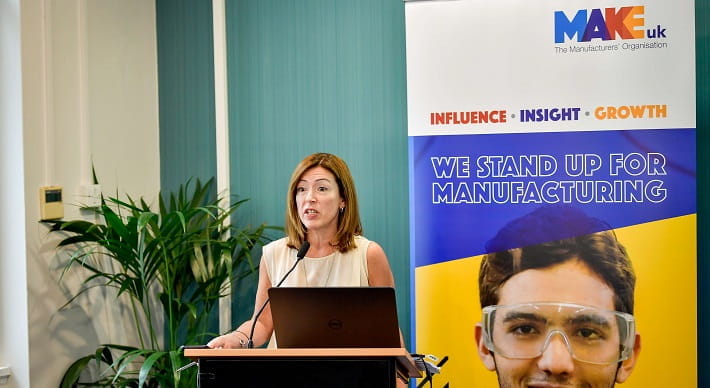This week, we hosted a series of events designed to help encourage and support manufacturers to best prepare for Brexit.

The Preparing Manufacturers for Brexit conferences were held at Broadway House in London on Monday and the Science and Industry Museum in Manchester on Wednesday. At the events, Make UK experts provide urgent clarity to around 200 manufacturing leaders on the implications of Brexit on their day-to-day operations.
So, what should businesses be doing as we approach the date of our departure from the EU?
Firstly, if you employ EU nationals who have lived and worked in the UK for five or more years, you should encourage them to apply for Settled Status as soon as possible, and before the deadline of 31 December 2020. This will enable your employees to continue to have the right to live and work in the UK.
Secondly, if your business requires travel to any EU member states, you will need to familiarise yourself with the different business and migration rules that each country operates.
Once we leave the EU, your staff will enter each country under their own third country rules, not common EU rules.
Alongside migration and personnel changes, leaving the EU will have implications for any business that buys or sells products to customers in EU countries.
Your first step should be to apply for a UK EORI number. Setting this up takes less than ten minutes, but you won’t be able to move goods into and out of the UK without one. To import into the UK, you will also need a Transitional Special Procedures status (TSP) which you will have been sent if you are VAT registered in the UK. If you are not, you will need to apply online for one.
To ensure that your export and import processes remain as frictionless as possible, it is also vital that you check your full supply chain has undertaken the appropriate preparation. In addition, if you currently use a carrier to make your customs declarations, you should check that they have the capacity to facilitate additional declarations, and what the cost for each declaration will be.
With careful preparation, you can ensure your business remains robust and able to adapt post-Brexit.
